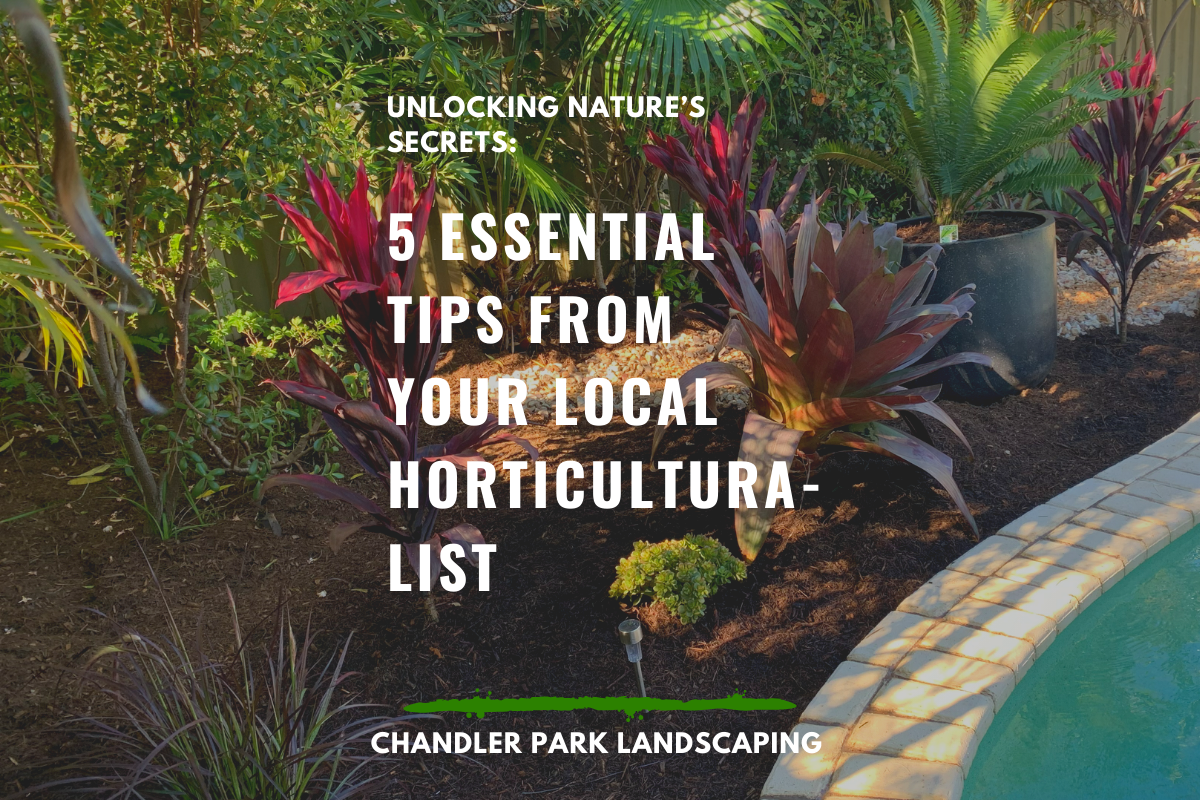
Mastering Queensland Summer Gardening: 5 Essential Tips from your Local Horticulturalist
February 5, 2024 2:27 am -
Queensland’s scorching summers bring both delight and challenges to gardening enthusiasts. With soaring temperatures and intense sun, (and occasional intense downpours), maintaining a thriving garden can be a test of patience and expertise. Fear not, as I have curated five invaluable tips to ensure your garden flourishes during the Queensland summer.
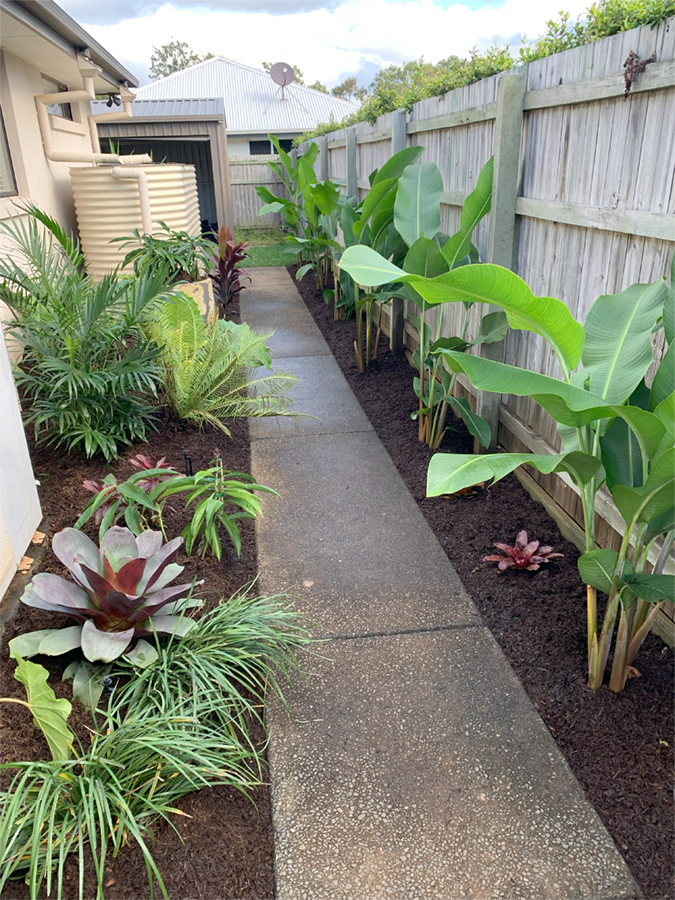
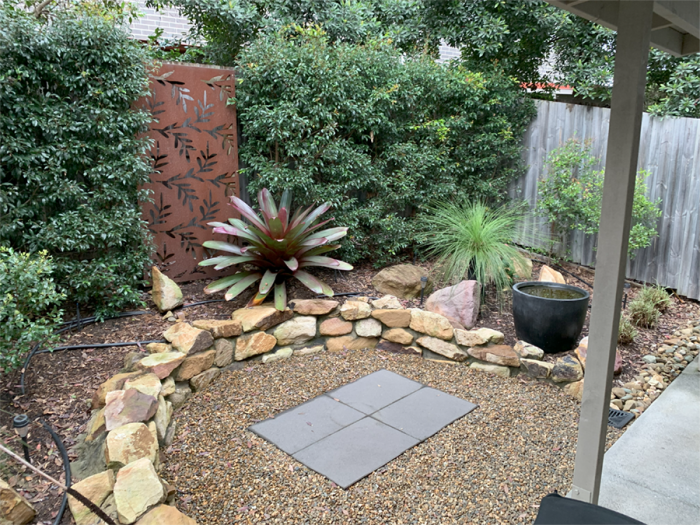
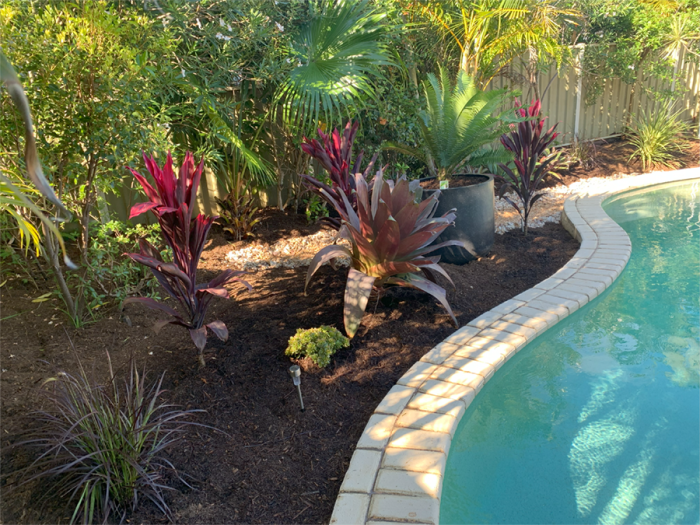
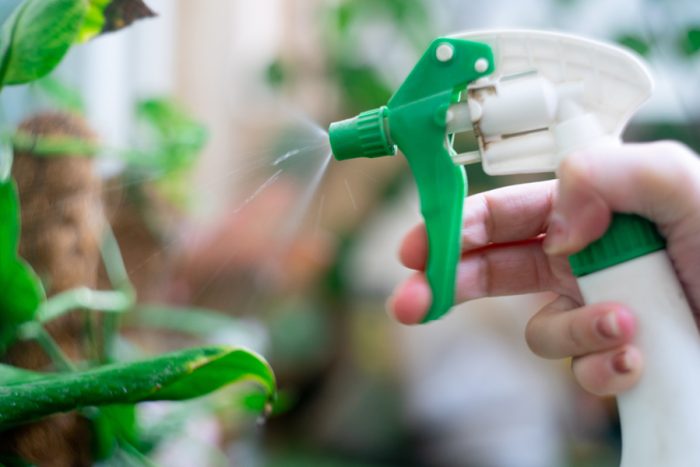 Neem oil for plants
Neem oil for plants
1. Choose Heat-Resilient Plants
Selecting the right plants is fundamental to successful summer gardening in Queensland. Opt for varieties that thrive in the heat, such as succulents (like aloe vera and agave), native Australian species (such as kangaroo paw and bottlebrush), and tropical plants (like frangipani and heliconia). These species have adapted to Queensland’s climate, boasting resilience against the harsh sun and dry conditions.
2. Implement Smart Watering Practices
Water is the lifeline of your garden during summer. However, it’s crucial to water wisely to conserve this precious resource and promote healthy plant growth. Consider installing a drip irrigation system to ensure efficient water distribution directly to the roots, minimising evaporation. Water your garden in the early morning or late afternoon to prevent rapid evaporation, and use mulch generously to retain moisture and suppress weed growth.
3. Provide Adequate Shade and Protection
Shielding your plants from the relentless Queensland sun is paramount. Use shade cloth or install shade sails strategically to provide refuge from the scorching midday heat. For potted plants, relocate them to shaded areas or utilize moveable shade structures. Additionally, consider using organic sunscreens or protective covers for sensitive plants to prevent leaf scorch and heat stress.4. Maintain Soil Health
Healthy soil is the foundation of a thriving garden. Enrich your soil with organic matter, such as compost and mulch, to improve water retention and nutrient levels. Regularly check soil moisture levels and ensure proper drainage to prevent waterlogging, which can be detrimental to plant health during humid periods. Consider using organic fertilizers to replenish nutrients and promote vigorous growth without causing harm to the environment.
5. Practice Vigilant Pest and Disease Management
Queensland’s hot and humid climate can exacerbate pest and disease issues in gardens. Monitor your plants regularly for signs of infestations or diseases, such as wilting, yellowing leaves, or unusual spots. Employ natural pest control methods like neem oil sprays or introduce beneficial insects like ladybugs to combat unwanted pests without harming beneficial pollinators.

Comments are closed here.